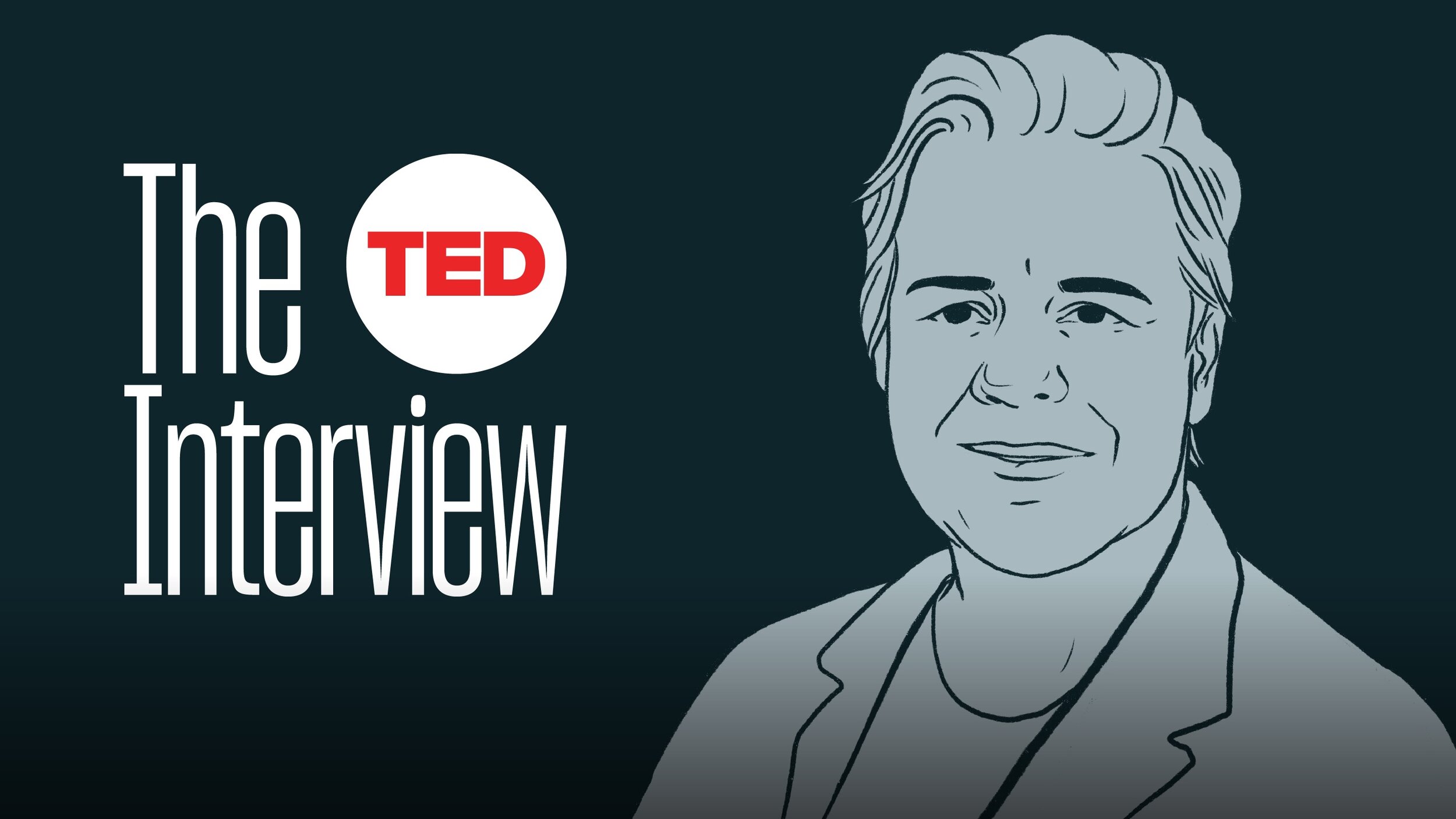Notes on Frances Frei's Three Pillars of Leadership by TED
Source: TED.
When I listened to it: December 2019
Why I listened to it: I was doing some research for an article on trust and stumbled across Frances Frei’s brief TED talk on how to build (and rebuild trust). It left me wanting more. I reached out to Frances and asked her to point me to additional work she’d done on trust. Frances sent me this podcast which provides a framework for leadership built on a foundation of trust, love, and belonging.
Go to the episode page for details and to listen or scroll down for my notes.
Want to get my future notes when I publish them? Subscribe to my weekly newsletter below.
My notes
Frances Frei is a Professor of Technology and Operations Management at Harvard Business School. She researches how leaders can create the conditions for organizations and individuals to thrive. She also works as a culture consultant to top companies (e.g. Uber and WeWork). She is also working on a book that will come out in mid-2020 called Unleashed.
Authenticity, logic, and empathy are the most vital skills an employee can have.
The best companies are empathetic?
How do we make life at work more satisfying?
70% not engaged; Main reasons:
We have not engaged employees in ways that seems meaningful to them
We create persistent job anxiety for employees
So: 1) engage employees and 2) reduce job anxiety
How to get the most out of employees
Be a great leader —> Leadership is about making other people better as a result of our presence and have that last in our absence.
How to lead in presence —> Three pillars: trust, love, and belonging.
How to lead in absence —> Empower employees with strategy and culture.
How to lead in presence
Foundation 1: Trust
Teach others to trust you and how to build trust with others (and rebuild it)
Trust gives you enormous benefit of the doubt
Trust requires:
Authenticity:
Be yourself
Don’t fake it
Don’t “fit in”
Logic:
Requires transparency
Do you make sense to me?
Do I have faith in your reasoning?
Are you competent?
Empathy:
Do you truly understand my perspective?
Are you in it for me? Or for yourself?
Are you demonstrating that other people are more important than you are?
Believe people are mortals —> and people can change if they want to (if they have a personal desire to do so)
Watch what people are saying
Avoid using personal technology in the presence of others
Are you enduring someone’s presence or actively engaging it?
Low empathy = low interest in what others have to say / high interest in what you have to say
Foundation 2: Love
Set high standards while demonstrating your deep devotion to their success
(Love is hard to achieve in low standard environment)
True love = high standards and deep devotion to success
Sometimes high standards get in the way of deep devotion and vice versa
(💡 - This is a product of your expectations not being met and how you handle them as a leader).
Tough love = high standards without deep devotion (not good)
(💡 - Even if you do have deep devotion to someone's success, it doesn’t matter unless they believe it —> I.e. they will interpret true love as tough love.)
Foundation 3: Belonging
It’s our job to set the conditions that allow more people and more varied people to thrive … so everyone can belong
Inclusion leads to diversity… (NOTE: sometimes diversity is not ready because you have not solved the inclusiveness problem)
—> Don’t try to solve a diversity problem before you have solved the inclusivity problem
There are more higher quality people that you don’t know than you do know.
(💡 - If you’re not inclusive, it’s hard to meet people you don’t know).
Homogeneity is indicative of lower quality (because you’re only fishing in 1 pond).
How to lead in absence
Strategy and culture are the two guides a company has to drive discretionary behavior.
Every employee is going to make dozens of micro decision each day when no one’s watching (i.e. in your absence).
Need to align employees with to two levers:
Make the strategy well understood
Make the culture well understood
Lever 1: Strategy
This comes first (before culture)
Your constraint = your ability to communicate it
—> Your strategy is only as good as you can communicate it
Strategy include:
Pricing
Business model
Positioning
How we will win
Strategy should drive a lot of behavior, but not all (that’s where culture comes in)
Lever 2: Culture
When strategy does not answer the question, culture fills the space.
Get your culture into the mind of employees so that the way they think reliability manifests in desired behaviors.
Culture exists because of what you and others are doing
You’re giving them mental models all day through actions and statements
Conflicting actions and statements create chaos
Consistent actions and statements reduce chaos
